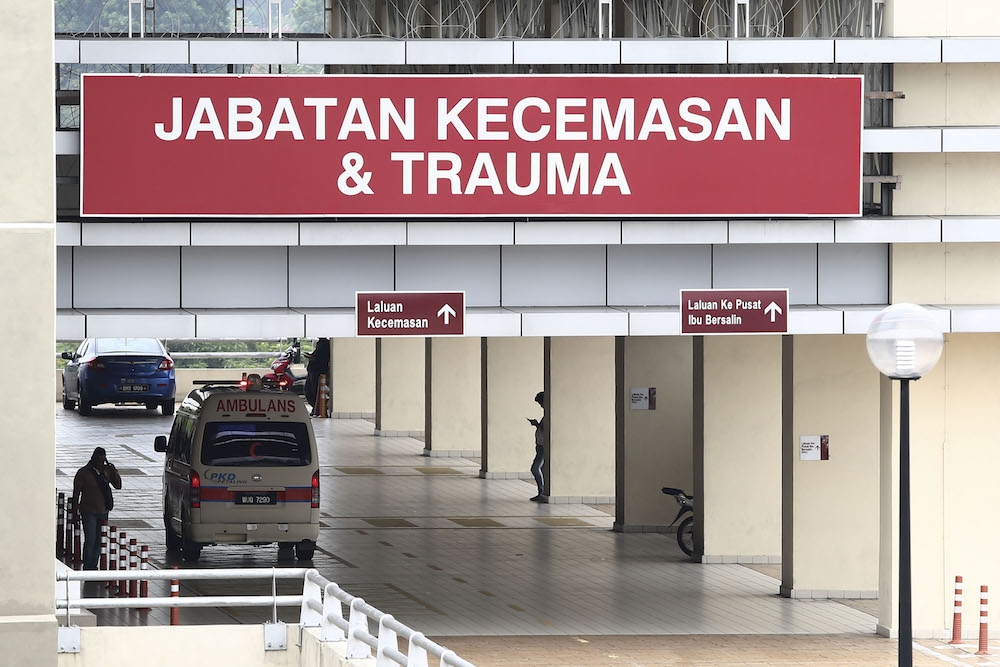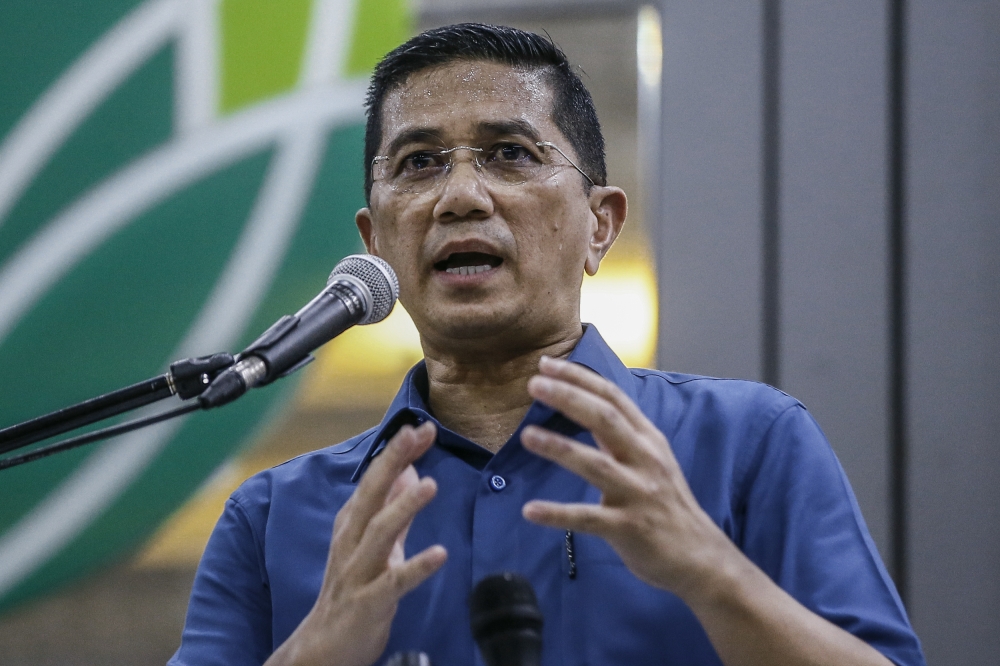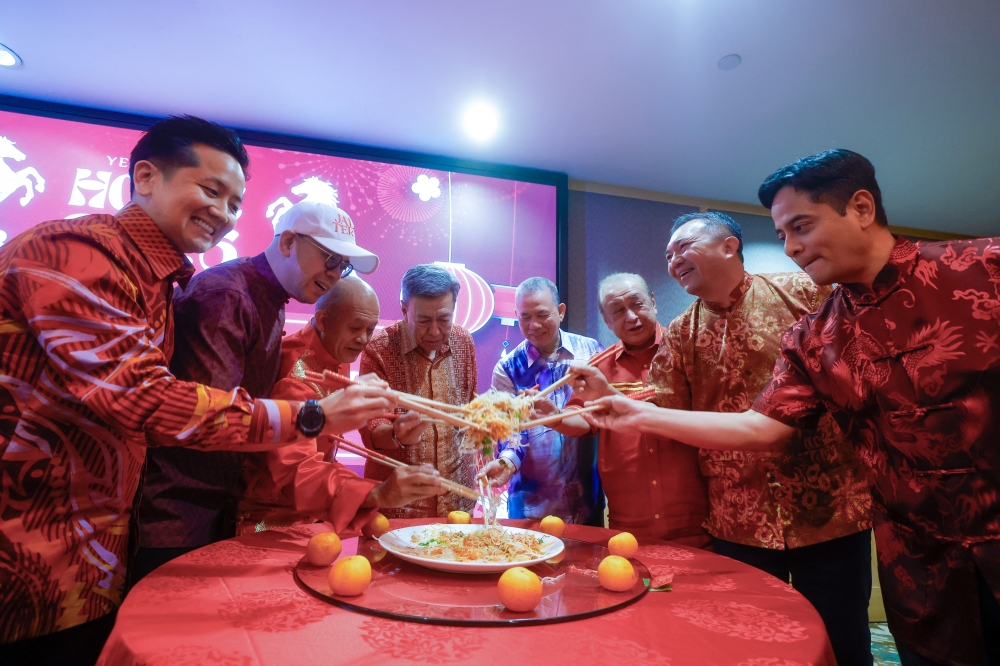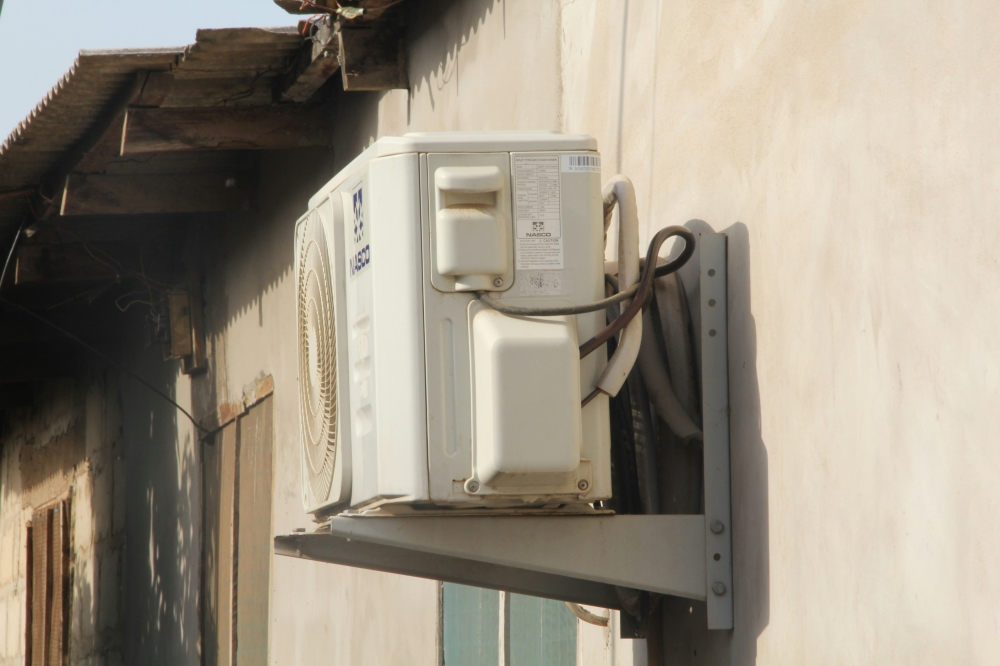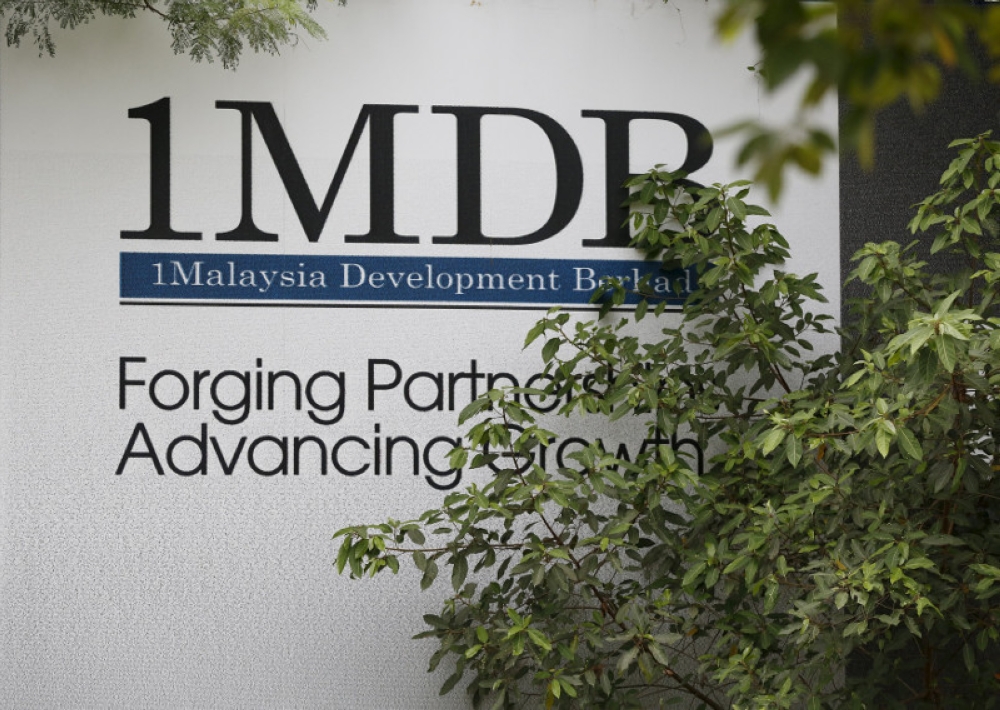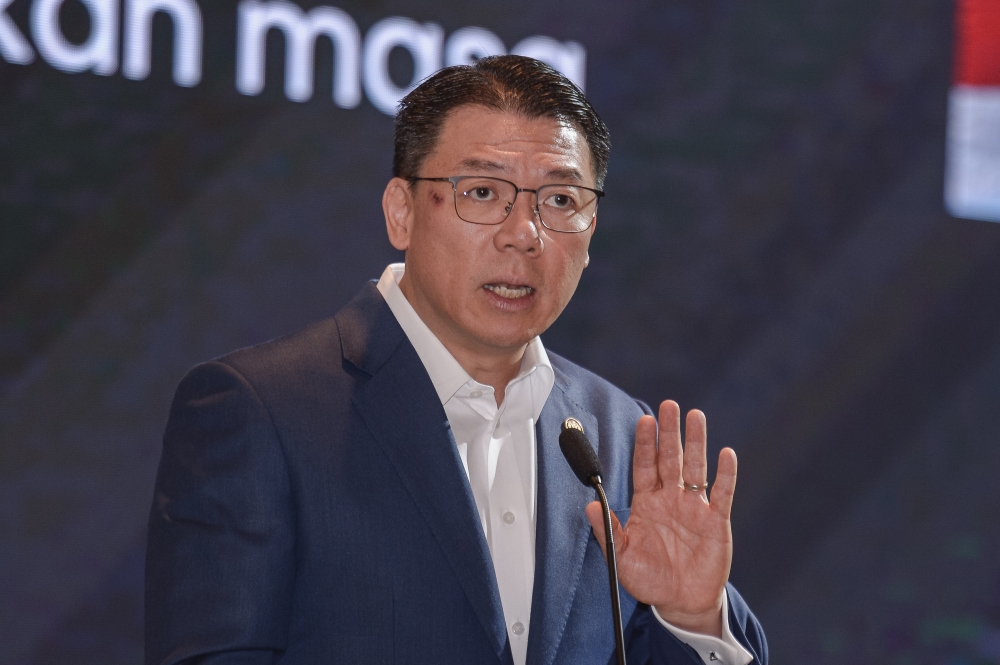MAY 15 — In a region as diverse and vibrant as Southeast Asia, words have always carried a special weight. Here, where languages blend and histories intertwine, the power of the written word is a force to be reckoned with. It can inspire revolutions, topple governments, and challenge the status quo – or, in more delicate times, it can simply remind us of our shared humanity.
Arundhati Roy, the indomitable Indian author, stands as a symbol of this uneasy dance. Her latest skirmish with the Indian government – a ‘terror’ case for the sin of speaking her mind – has become a global spectacle. But the echoes of her battle reach far beyond India’s borders, resonating in the humid halls of power across Southeast Asia, where governments have perfected the art of silencing dissent.
In India, Roy’s sharp tongue and unflinching pen have long been a thorn in the side of the establishment. She has exposed uncomfortable truths about caste, class, and the erosion of democracy. In a nation where the press is increasingly muzzled and dissent is branded as betrayal, her every word is a provocation – a reminder that not all voices can be bought or buried.
But India is not alone in this delicate, dangerous dance. From Singapore’s POFMA (Protection from Online Falsehoods and Manipulation Act) to Thailand’s lèse-majesté laws, the region has a long history of trimming the tongues of its truth-tellers. The methods vary – fines, arrests, smear campaigns – but the message remains the same: Speak at your own risk.
Take Malaysia, a country where the pen has proven mightier than the sword in recent history. It was here that The Edge, one of the nation’s most influential business publications, dared to report on the largest financial scandal the world has ever seen – 1MDB. Its editor, Ho Kay Tat, faced jail for exposing the truth, and the prime minister who once held the reins of power now sits behind bars. Yet, this is also a country that has seen significant change. There was a time when whistleblowers like Kevin Morais met brutal fates for speaking out against corruption. But today, Malaysia stands at a crossroads – a place where freedom is no longer just a whispered hope, but a growing expectation.
In Myanmar, the price of truth can be even steeper. The 2021 military coup shattered the fragile democracy that had been painstakingly built over decades. Journalists like Wa Lone and Kyaw Soe Oo were thrown into prison for their courageous reporting on the military’s brutal crackdown on the Rohingya, exposing the dark underbelly of a state desperate to control its narrative. Even now, under the harsh rule of the Tatmadaw, speaking the truth can be a death sentence, as independent media outlets are raided, shuttered, or forced into exile.
Indonesia, too, has felt the weight of this pressure. Its democracy, young and fragile, is haunted by the ghosts of Suharto’s iron-fisted rule. The echoes of the New Order era still reverberate, and journalists here still tread carefully, knowing that the wrong story can summon the heavy hand of the state. The murder of activist Munir Said Thalib, who was poisoned on a flight in 2004, serves as a grim reminder that even today, dissent can come at a devastating cost. Even now, the fear of being ‘red-tagged’ – labelled a communist or a threat to national security – is enough to chill the spine of any writer.
In neighbouring Singapore, the approach is more surgical, precise – a scalpel to Malaysia’s cautious balancing act. The city-state’s leaders have perfected the art of legal intimidation. POFMA, with its bureaucratic sheen and clinical efficiency, allows the government to call out ‘falsehoods’ with the speed and finality of a guillotine. It is a system built not just to silence, but to humiliate – to remind its citizens that the truth is a privilege, not a right.
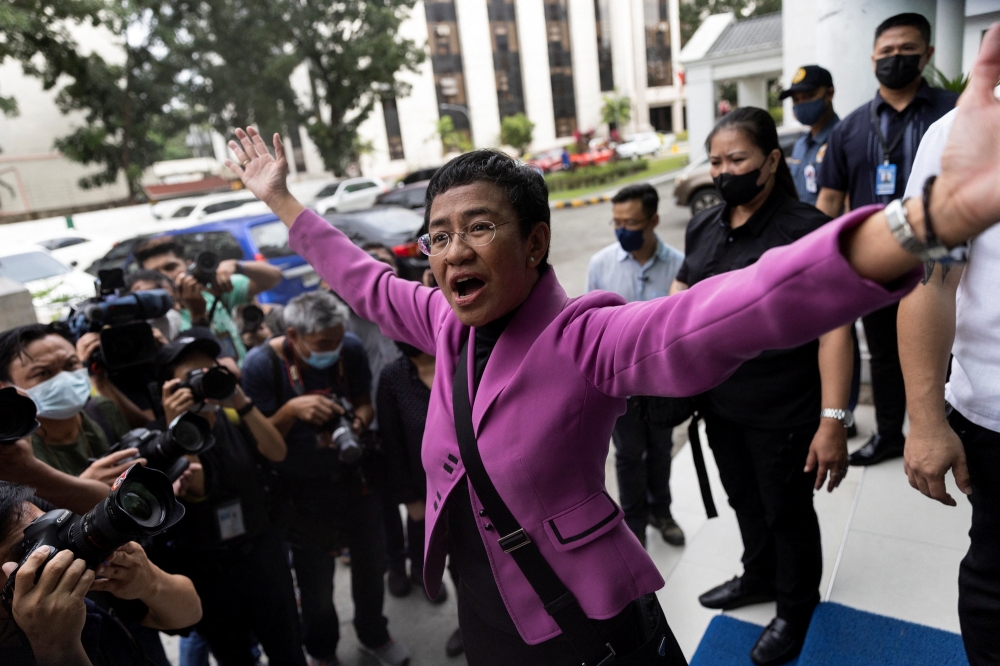
And then there’s the Philippines, where journalists face not just the law, but the barrel of a gun. It is a country where the free press has become a blood sport, where a critical headline can get you killed. Maria Ressa, the Nobel Prize-winning journalist, knows this all too well. Her fight for truth against a regime that branded her a criminal is a stark reminder that in some parts of South-east Asia, words don’t just cut – they bleed.
Yet, despite the risks, despite the threats, the voices of dissent refuse to be silenced. Because in every censored article, every banned book, every whispered truth, there is a defiance that cannot be snuffed out. South-east Asia’s storytellers know this – that their words, however dangerous, however costly, are the lifeblood of democracy.
So when Arundhati Roy stands in a courtroom, defiant and unbowed, she carries with her the echoes of every silenced voice, every censored word, every jailed writer from Colombo to Cebu. She is a reminder that the truth, though battered and bruised, still breathes.
And that, perhaps, is what the powerful fear most – the simple, stubborn truth that words, once written, once spoken, cannot be unmade.
So here’s to the writers, the dreamers, the troublemakers – those brave enough to tell the truth, even when the price is everything.
* This is the personal opinion of the writer or publication and does not necessarily represent the views of Malay Mail.










